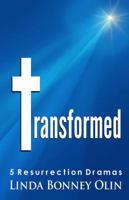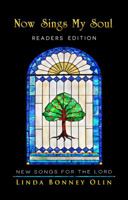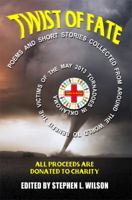Sugbo
Select Format
Select Condition 
Book Overview
Jonas Martin had been fascinated by sea travel and stories of daring men who got back with gold and booties. So when he heard of some galleons going on a journey to the Far east, he fought hard to get into one of them, facing all the surmounting obstacles before him. Finally finding a way, he mustered persistence and stamina to fight with scarcity, boredom and disease during the long rigorous voyage until he found his Ilang -ilang, a beautiful princess in Sugbo who likewise found him interesting and irresistible . They fell in love, fought with adversities, then ran away to her great-grandmas' home where they hid from the ire of her people who were against such a relationship. This description may be from another edition of this product.
Format:Paperback
Language:English
ISBN:1491887931
ISBN13:9781491887936
Release Date:February 2014
Publisher:Authorhouse UK
Length:310 Pages
Weight:0.74 lbs.
Dimensions:0.7" x 5.0" x 8.0"
More by Linda Bonney Olin
Customer Reviews
1 customer rating | 1 review
There are currently no reviews. Be the first to review this work.



























